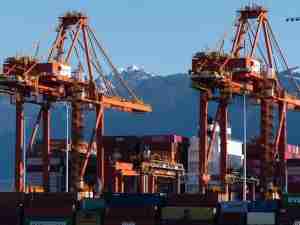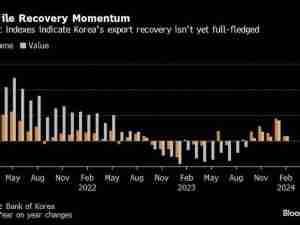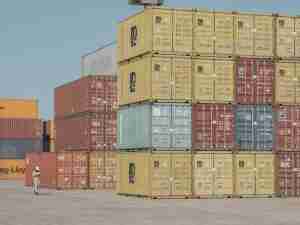After speaking with Shinzo Abe in March, President Donald Trump tweeted that he’d pushed the Japanese prime minister to negotiate a “much better’’ trading relationship with the U.S.
When it comes to cars, Japanese companies are already assembling more than twice as many vehicles in the U.S. than they import into the country. That’s the result of measures taken since the 1980s, when laid-off Detroit autoworkers vented their frustrations by bashing Japanese cars with sledgehammers.
Japan-based automakers assembled 3.8 million vehicles in their U.S. factories in 2017, up from just 296,569 in 1985, according to the Japan Automobile Manufacturers Association. Meanwhile imports dropped 45 percent to 1.7 million cars and trucks, down from 3.1 million.
As a step toward what he views as a more balanced trade relationship between the U.S. and other countries, including Japan, Trump is considering a plan to impose a tariff of as much as 25 percent on the value of vehicles and components imported into the country.
“Tariffs would have a serious negative impact on the U.S. economy,’’ JAMA said in comments submitted Friday to the U.S. Department of Commerce. “Imported vehicles do not threaten U.S. national security.’’








